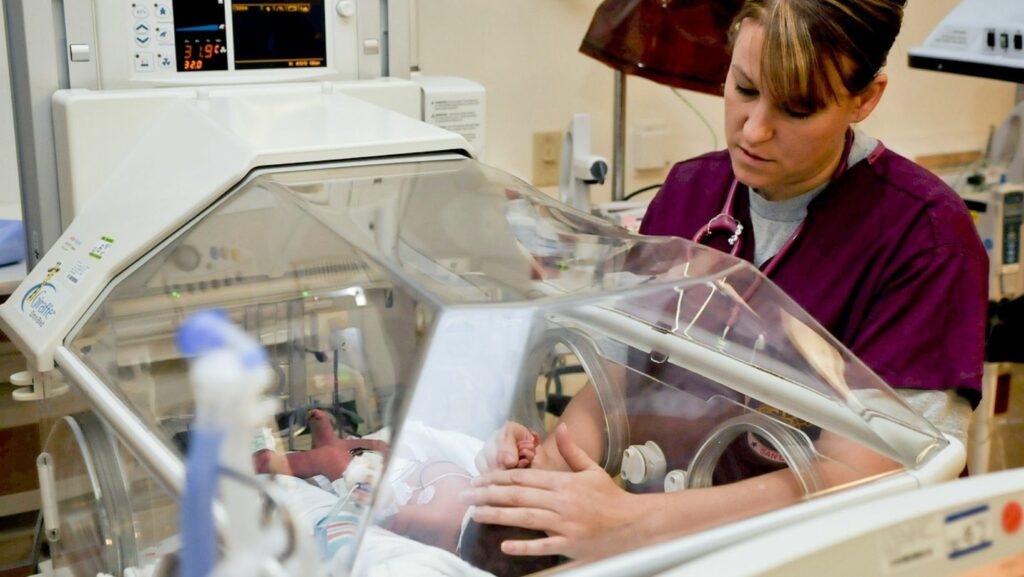If you’re navigating recovery from alcohol or drug use, you’ve likely encountered two main types of support systems: traditional 12-step programs and non-12-step alternatives such as SMART Recovery, LifeRing Secular Recovery, and Moderation Management.
Choosing the right path can feel overwhelming, especially with the many opinions and controversies surrounding different recovery approaches. But remember, your recovery journey is deeply personal. The most important thing is to choose a system that aligns with your values, needs, and goals.
In this article, we’ll explore the foundations of 12-step programs, examine their benefits and limitations, and compare them to non-12-step alternatives to help you find the approach that feels right for you.
Understanding the 12-Step Program
The 12-step program originated with Alcoholics Anonymous in the 1930s and has since evolved into numerous 12-step groups like Narcotics Anonymous and Marijuana Anonymous.
These programs emphasize spiritual growth, meeting attendance, and mutual help groups to support recovery from addiction problems, including alcohol use disorder, drug abuse, and other drug use.
The first step in AA involves admitting that you are powerless over your addiction. Each subsequent step builds upon self-reflection, spiritual awakening, and acceptance of a higher power, often defined personally rather than religiously.
Group meetings are the core of 12-step recovery. They can take place in person or online, offering a consistent space for individuals to share their experiences and support one another. New members often learn from those who have been in the program longer, gaining insight, encouragement, and hope. The only requirement for joining is a genuine desire to stop drinking.

Challenges of a Twelve-Step Program
12-step programs are often legally mandated in courts or integrated into treatment plans because of their widespread presence and community structure.
Although its global adoption has made it a trusted method, the 12-step approach faces challenges and limitations that include:
Emphasis on Powerlessness and Spirituality
While the concept of surrendering to a power greater than oneself can be empowering to one person, to others, it may feel like a barrier. This concept hinders people who lean toward self-empowerment or identify as non-religious.
The emphasis on spiritual awakening may not align with your values, especially if you are seeking a more secular recovery path.
One-Size-Fits-All Approach
Although most people benefit from the 12-step program, addiction is a complex disease with diverse causes and manifestations. The program may not adequately address the specific needs of individuals with different mental health issues, addictive behaviors, or types of substance use disorders.
The emphasis on complete abstinence in 12-step programs may feel rigid for individuals seeking a more flexible, self-directed approach to recovery. This model often doesn’t align with those interested in Moderation Management, which supports controlled, moderate drinking rather than total abstinence.
Limited Data on Its Effectiveness
The effectiveness of the program is often based on hearsay, and there is a lack of rigorous scientific research compared to other approaches. This grey area has led to a divide between those who believe in the 12-step model and those who advocate for more scientifically supported methods.
Exploring the Non-12-Step Programs
Options like SMART Recovery, Rational Recovery, and LifeRing Secular Recovery provide self-empowerment strategies that do not include spiritual elements, making them a good fit for people seeking alternative programs.
These secular organizations focus on empowering you to take control of your recovery through tools like cognitive behavioral strategies. They are ideal if you prefer a science-based approach or want flexibility in addressing alcohol, drug use, or other addictive behaviors.
SMART Recovery
Self-management and recovery training is an approach that was founded as a reaction to the spiritual foundations of the traditional 12-step programs. SMART Recovery focuses on rational recovery through personal accountability and motivational enhancement therapy.
It is based on evidence-based methods and is backed by organizations such as the National Institute on Drug Abuse. You won’t be asked to complete a fifth step, confess sins, or rely on a power greater than yourself.
The SMART Recovery handbook offers flexible support through:
- Helping you stop drinking or using drugs by identifying negative consequences
- Flexible SMART meetings, whereby you can opt for online meetings or face-to-face meetings
- Eliminating the need for belief in a higher power, the only requirement is a desire to overcome addiction
- Providing a four-point program for building motivation, coping with urges, managing thoughts, and living a balanced life
The challenges of SMART Recovery include:
- SMART Recovery may not provide the same sense of community and recovery support as 12-step group meetings.
- Its reliance on self-management requires discipline, which can be challenging if you don’t thrive in structured environments.
- Fewer SMART Recovery meetings are available in some areas, which could limit access compared to the widespread availability of Alcoholics Anonymous.
LifeRing Secular Recovery
This secular organization promotes self-management and mutual help groups without relying on spirituality or group meetings with religious undertones. The program emphasizes building a sober self through regular interaction, goal setting, and peer encouragement.
Moderation Management
Moderation Management offers a unique perspective for those who are not ready to embrace complete abstinence. Though not suitable for everyone, particularly people with severe alcohol use disorder, it focuses on reducing alcohol intake rather than eliminating it.
Rational Recovery
Founded by James Christopher, Rational Recovery diverges sharply from the twelve-step program. It advocated for independent recovery without support groups or any form of meeting attendance. Instead, it focuses on training your mind to reject the addictive and claim control of your choices.
Combining Support Methods for Long-term Sobriety
Many people find long-term success by blending elements from both 12-step and non-12-step approaches. Traditional 12-step programs offer spiritual growth, structure, and a strong sense of community, while alternatives like SMART Recovery provide evidence-based tools focused on mental health and self-management.
You don’t have to choose just one path. Attending multiple support groups and customizing your recovery plan allows you to combine self-empowerment with communal healing, two powerful forces for sustaining sobriety.
No matter which peer-led system you align with, pairing it with professional treatment, such as therapy or structured care at an alcohol rehab in NJ, can significantly improve your chances of long-term recovery.
Finding the Right Path for Your Addiction
Whether you find clarity in a twelve-step group or take a secular recovery route, what matters most is finding support that helps you lead the life you want, free from the burden of addictive behaviors.
By weighing your values, personal beliefs, and past month or even past year experiences, you can make an informed decision that honors who you are today, and who you want to become.



